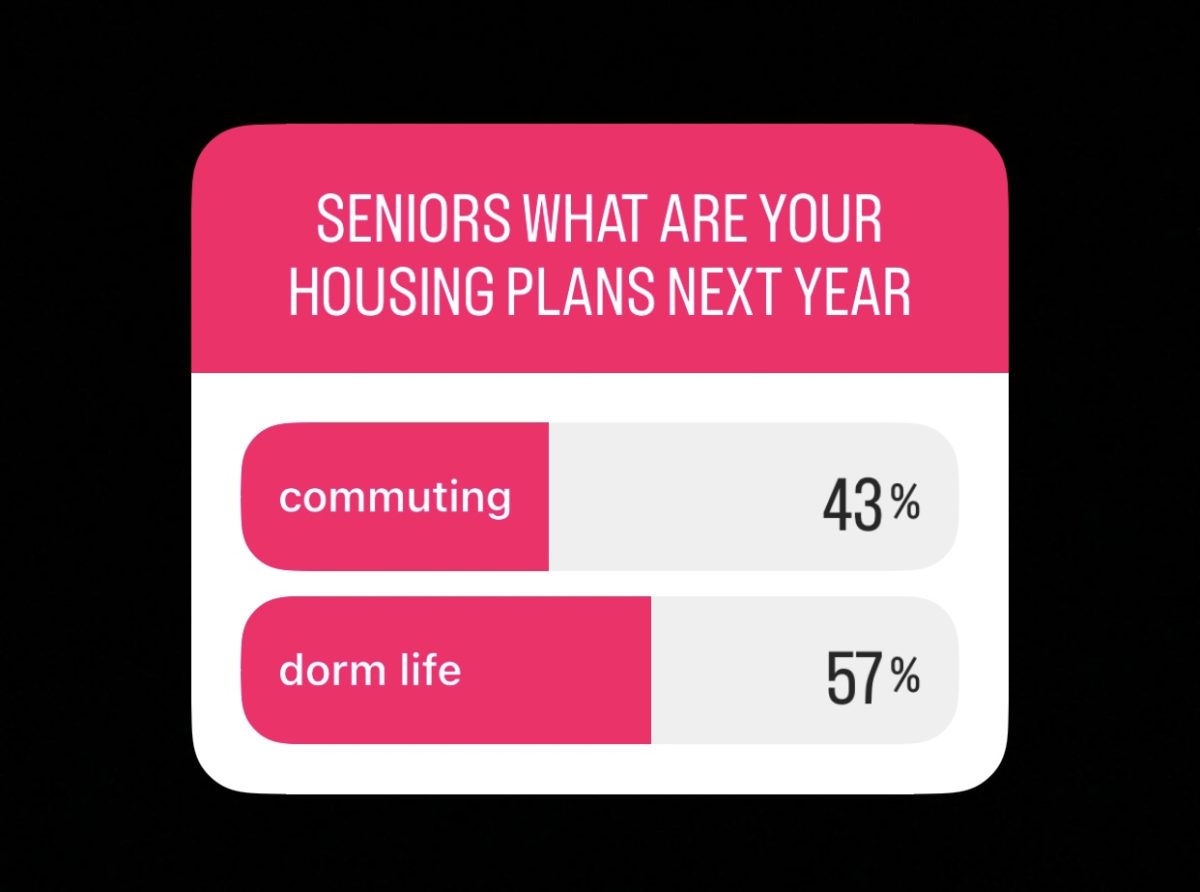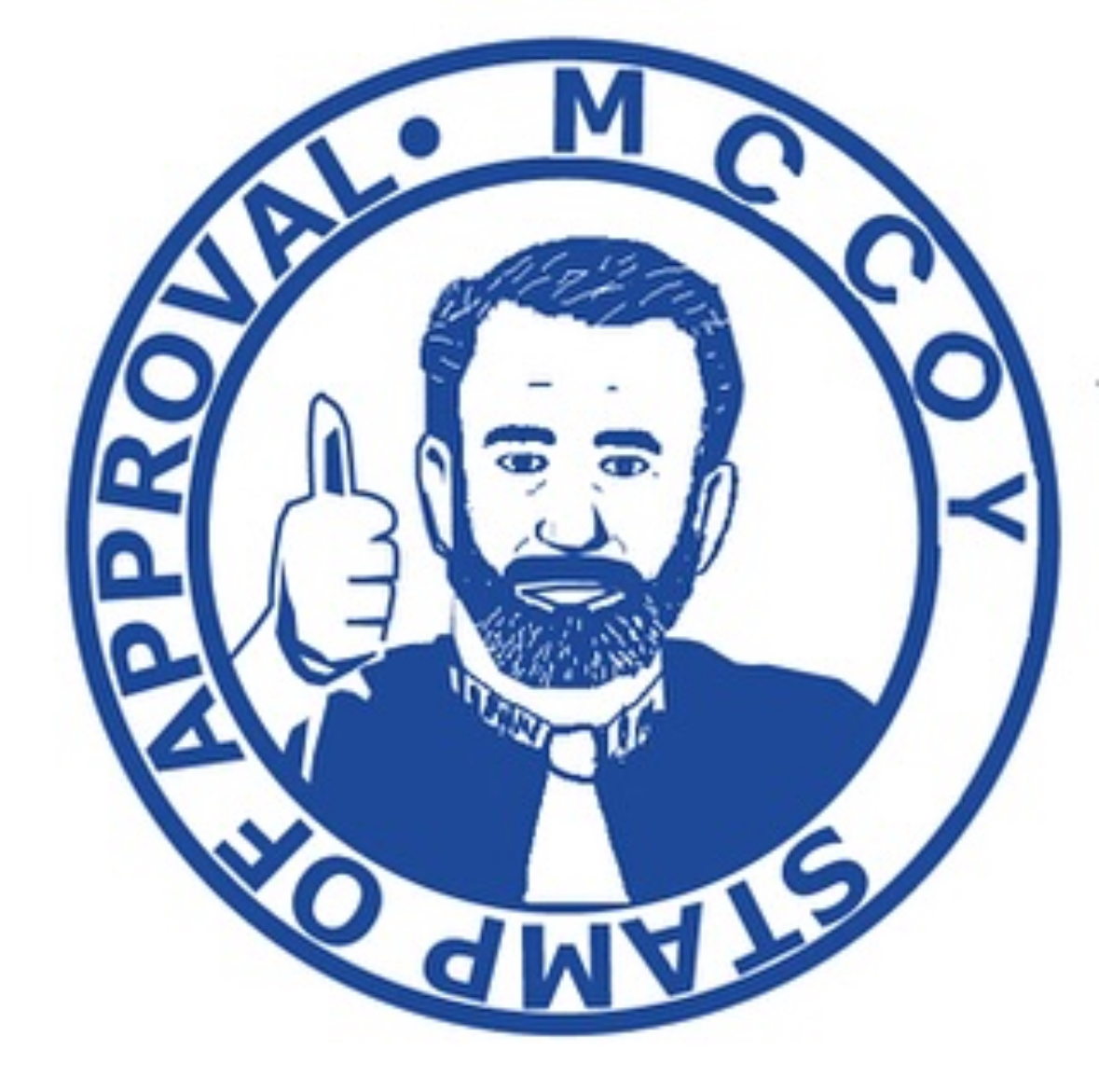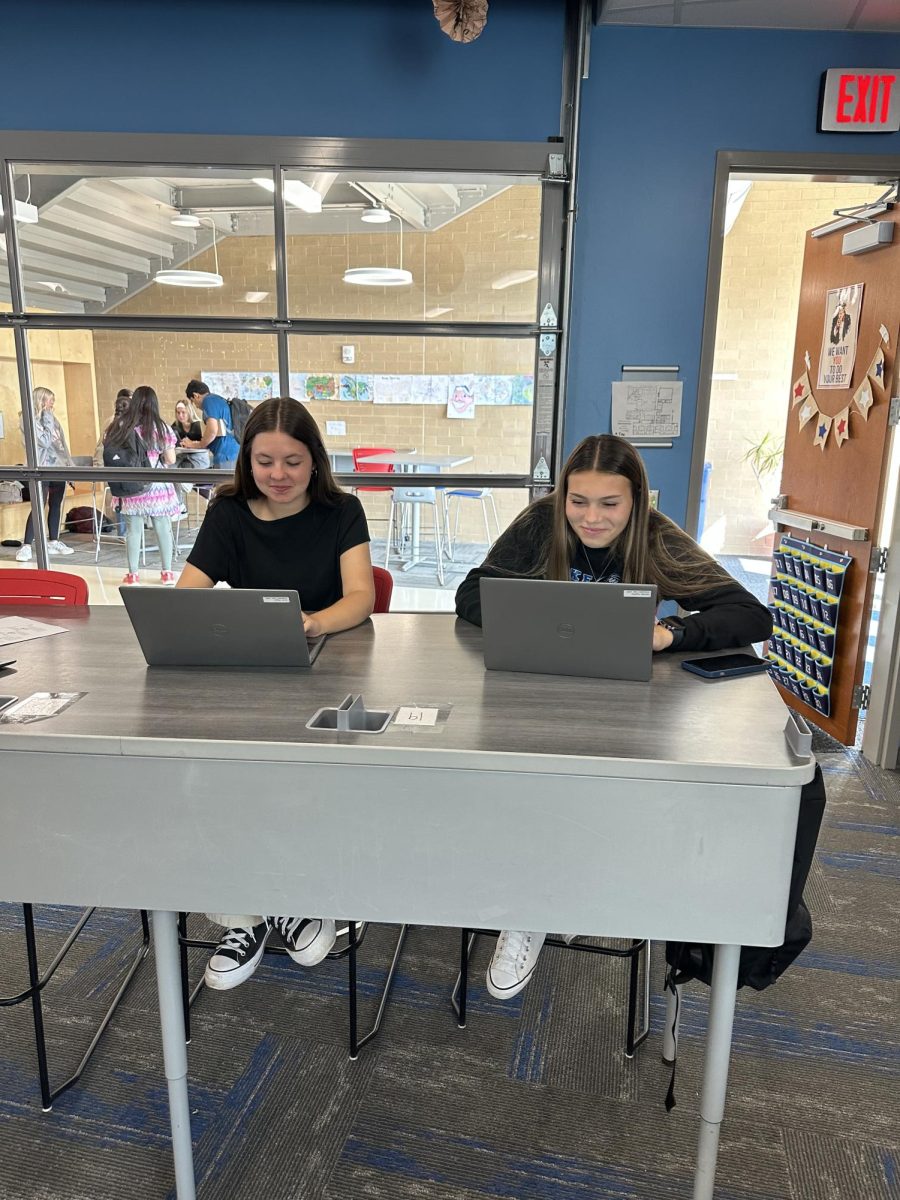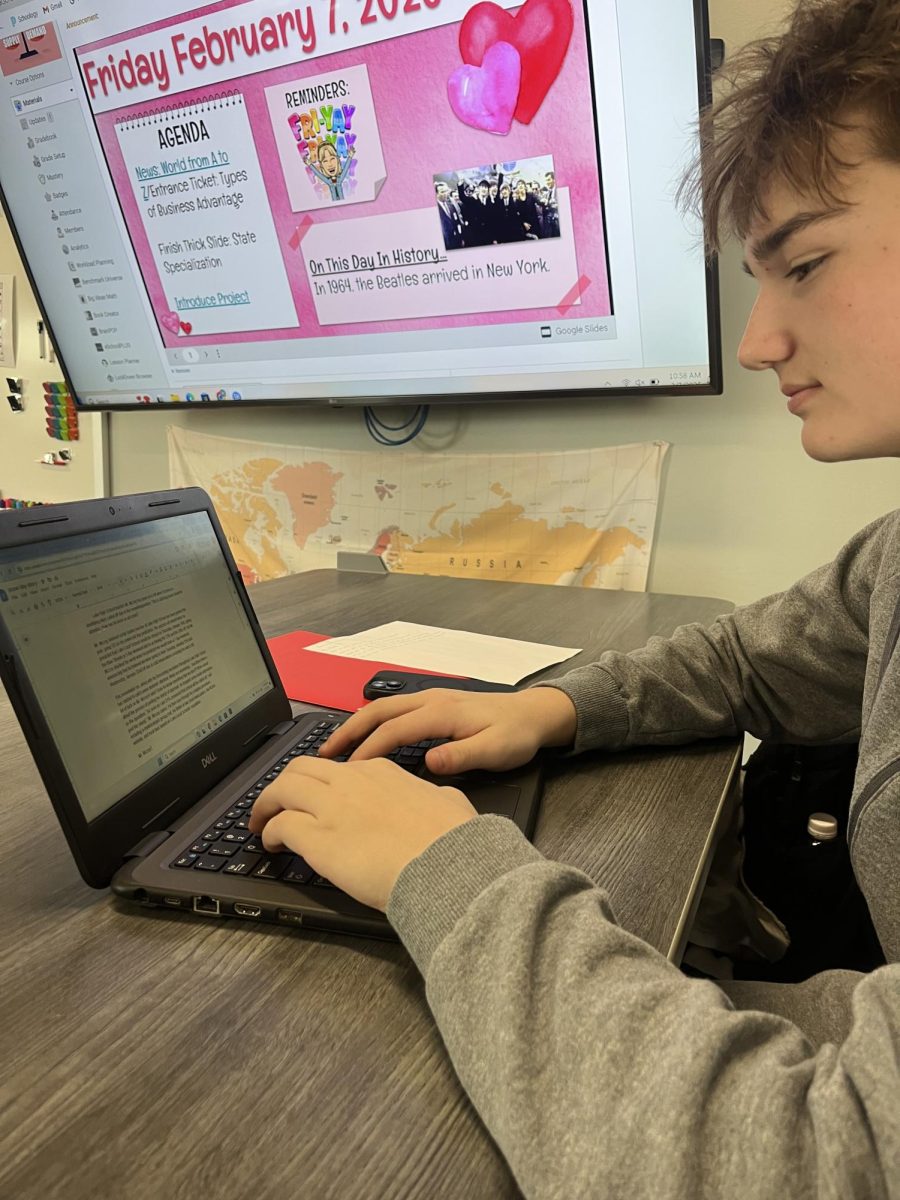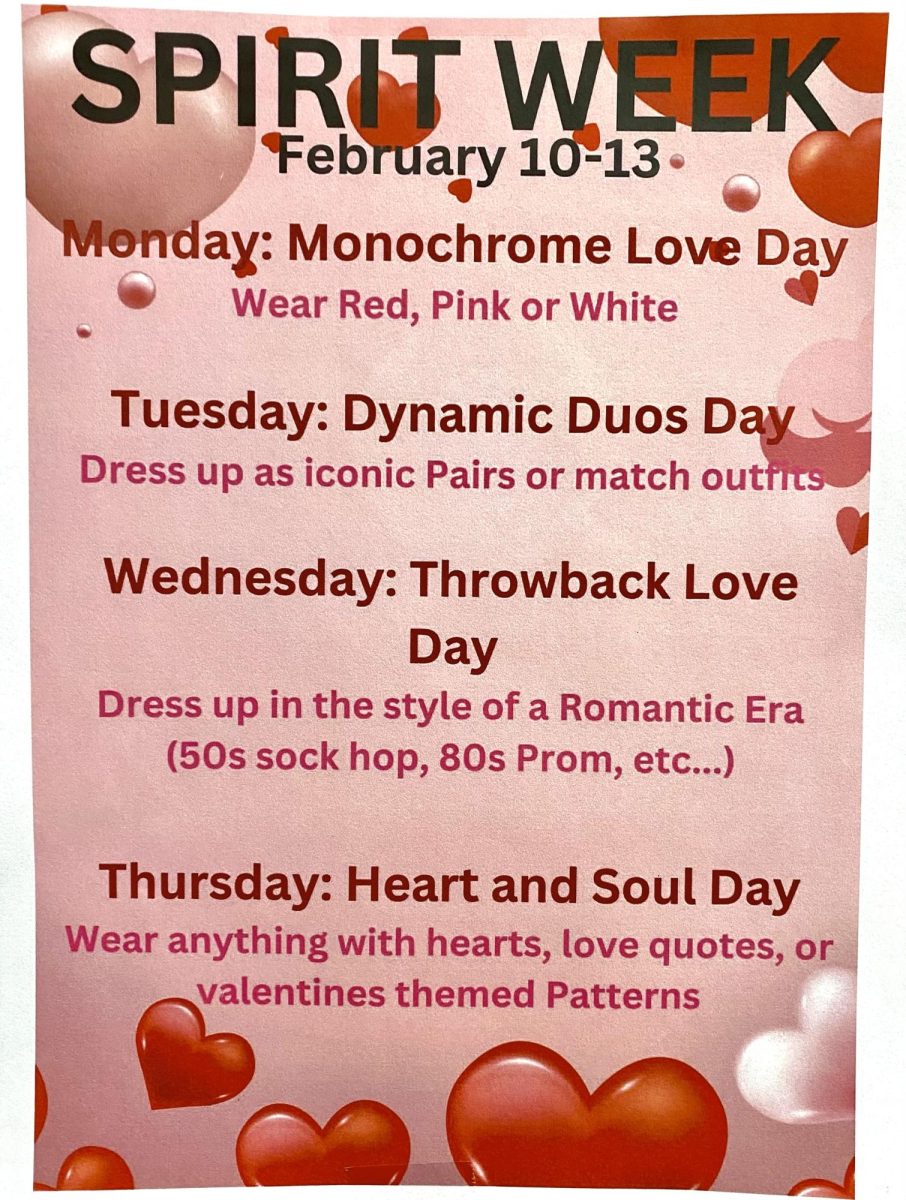In a world where online schooling has become increasingly more popular, many students and parents are beginning to question whether in-person or remote learning is the better option. Through many experiences of remote learning and in-person learning, research indicates that traditional schooling is more beneficial than remote learning.
Traditional schooling provides a structured environment that fosters discipline and routine, which can be harder to maintain in a remote learning environment. A set schedule can improve time-management skills and a sense of responsibility. Remote learning often lacks this structured schedule, where then students may struggle to maintain a consistent routine and fall behind easily.
Traditional schooling offers valuable social interaction. Students engage with their peers and teachers face-to-face, building essential communication skills and forming meaningful relationships. In contrast, remote learning often leads to feelings of isolation, as students miss out on the social aspects of education. Marina Neman, a former remote student, shared that she found it challenging to feel included and part of her school’s community because she rarely saw her peers. It’s understandable how important that sense of connection and community is for students. Social interaction and being part of a school community can really enhance the overall learning experience.
Additionally, traditional schooling provides immediate access to resources and support. Teachers can offer real-time assistance and feedback, addressing students’ questions and concerns promptly. In my experience, it’s easier to show more progress in your academics when you have the ability to ask questions and use resources throughout your school. In general remote learning may face technical challenges and limited access to such resources, hindering learning progression.
Senior, Liv Ortman, says, “I noticed a really big change in my grades as I shifted from remote learning to in-person school as it was so much easier to ask questions and that further allowed me to understand concepts more efficiently. In remote learning you have to go through the process of sending emails and waiting for a response back, which could take hours. So overall, it was way easier for me to understand what I was actually learning than it was for me to understand in remote learning. I feel like when I was doing remote learning I was more focused on getting my work completed than actually understanding the concepts.”
In conclusion, while remote learning has its advantages, traditional schooling remains the preferred choice for its structured environment, social interaction, and access to resources. As we navigate through the evolving landscape and opportunities of education, it is essential to recognize the enduring benefits of traditional schooling in providing assistance for well-rounded and successful individuals.





